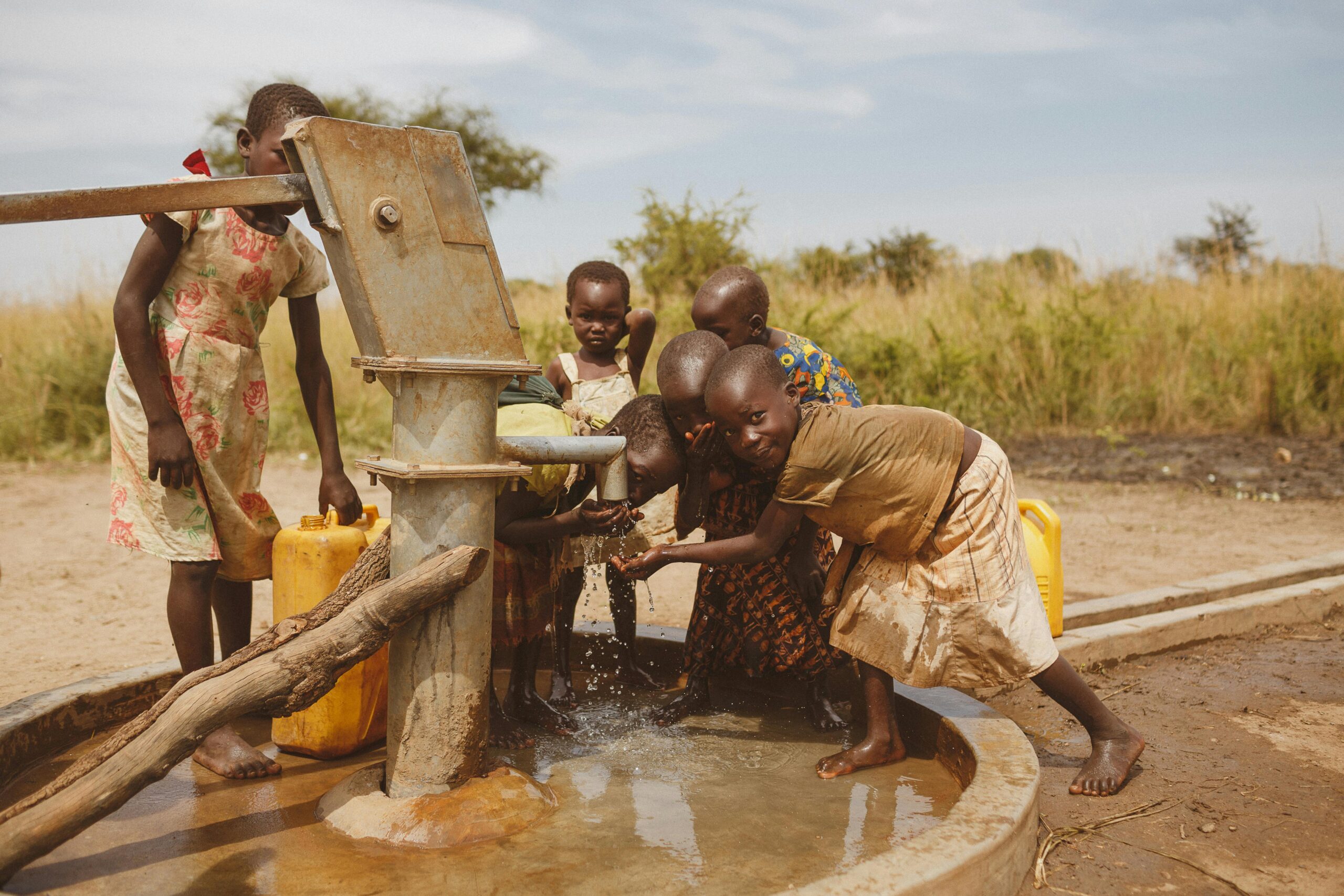Proper nutrition and healthcare are fundamental to a child’s growth, development, and overall well-being. However, millions of underprivileged children in Nigeria face severe malnutrition and inadequate access to healthcare, leading to preventable illnesses, stunted growth, and high child mortality rates. Addressing these issues is crucial to ensuring a healthier future for Nigeria’s children.
Nigeria has one of the highest rates of child malnutrition and under-five mortality in the world. According to UNICEF, about 45% of child deaths in Nigeria are linked to malnutrition, with over 2 million children suffering from severe acute malnutrition (SAM). In addition, many children lack access to essential healthcare services, including vaccinations, maternal care, and treatment for common diseases like malaria, pneumonia, and diarrhea.
Key Challenges Affecting Underprivileged Children
Several factors contribute to the poor state of child nutrition and healthcare in Nigeria:
- Food Insecurity and Malnutrition: Many families cannot afford nutritious food, leading to deficiencies in essential vitamins and minerals.
- Limited Access to Healthcare Services: Rural and low-income communities lack adequate health facilities, skilled personnel, and essential medicines.
- High Disease Burden: Malaria, malnutrition-related illnesses, respiratory infections, and waterborne diseases remain leading causes of child mortality.
- Poor Maternal Health: Malnourished mothers are more likely to give birth to underweight babies, increasing the risk of infant mortality.
- Inadequate Immunization Coverage: Many children miss out on life-saving vaccines due to poor healthcare infrastructure and misinformation.
- Poverty and Unemployment: Low-income families struggle to afford medical care, nutritious food, and essential health supplies.
To combat malnutrition and improve child healthcare, Nigeria must implement sustainable solutions, including:
- Expanding Nutritional Programs: Providing food assistance, fortified meals, and nutrition education for low-income families.
- Improving Access to Healthcare: Establishing more child-friendly healthcare centers and equipping them with essential medical supplies.
- Strengthening Immunization Campaigns: Increasing awareness and outreach efforts to ensure all children receive vaccinations.
- Promoting Maternal and Infant Care: Supporting pregnant and lactating mothers with proper nutrition and prenatal care.
- Enhancing Water, Sanitation, and Hygiene (WASH) Programs: Ensuring access to clean drinking water and sanitation facilities to prevent waterborne diseases.
- Community Education and Awareness: Teaching parents and caregivers about child nutrition, hygiene, and disease prevention.
Adewumi Foundation is committed to improving the health and nutrition of underprivileged children by:
- Providing Food and Nutritional Support: Distributing nutritious meals and supplements to malnourished children.
- Organizing Free Medical Outreach Programs: Offering essential healthcare services, vaccinations, and screenings.
- Advocating for Child Healthcare Policies: Partnering with stakeholders to push for improved healthcare and nutrition policies.
- Empowering Communities with Knowledge: Conducting educational workshops on child nutrition, breastfeeding, and hygiene practices.
The fight against child malnutrition and inadequate healthcare requires collective action from governments, NGOs, and individuals. By investing in better nutrition and accessible healthcare, Nigeria can secure a healthier future for its children. Join Adewumi Foundation in our mission to protect and nurture the most vulnerable children.
Discover more from Adewumi Foundation
Subscribe to get the latest posts sent to your email.




